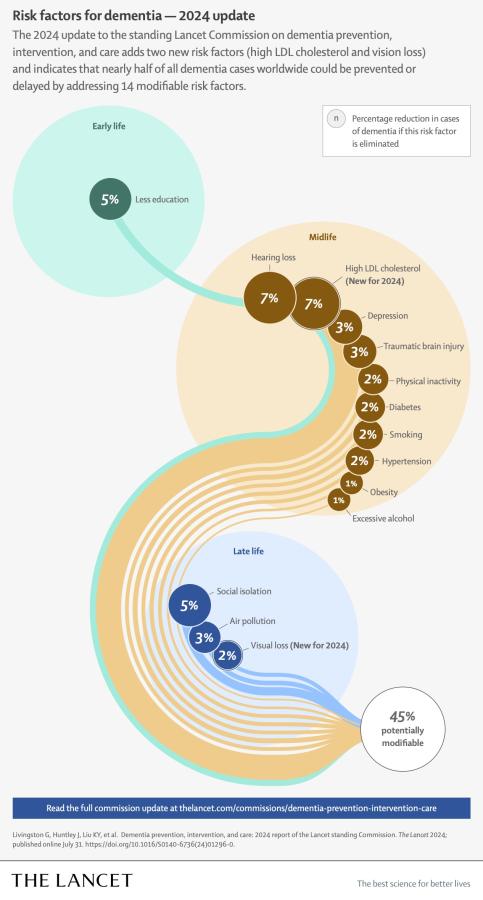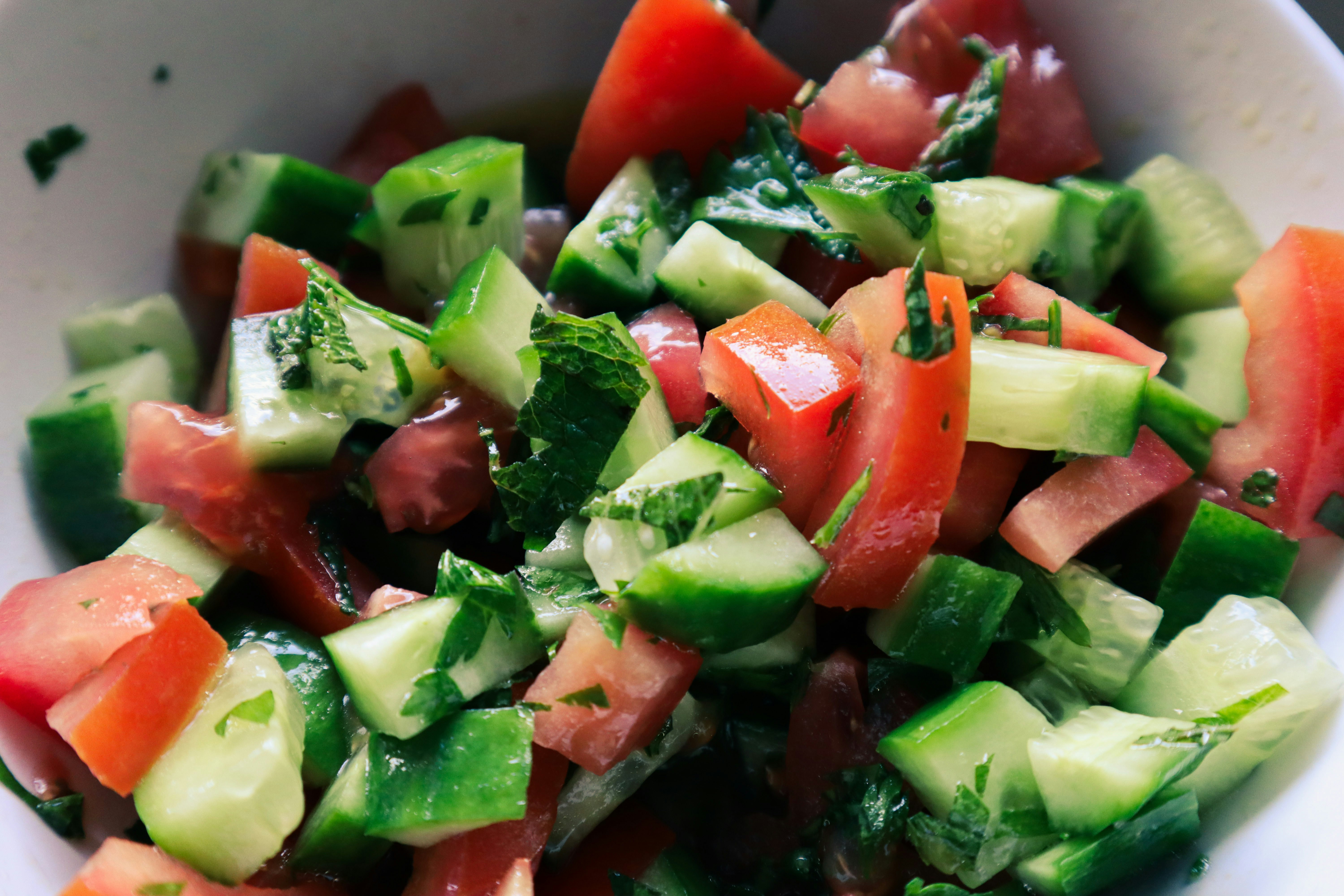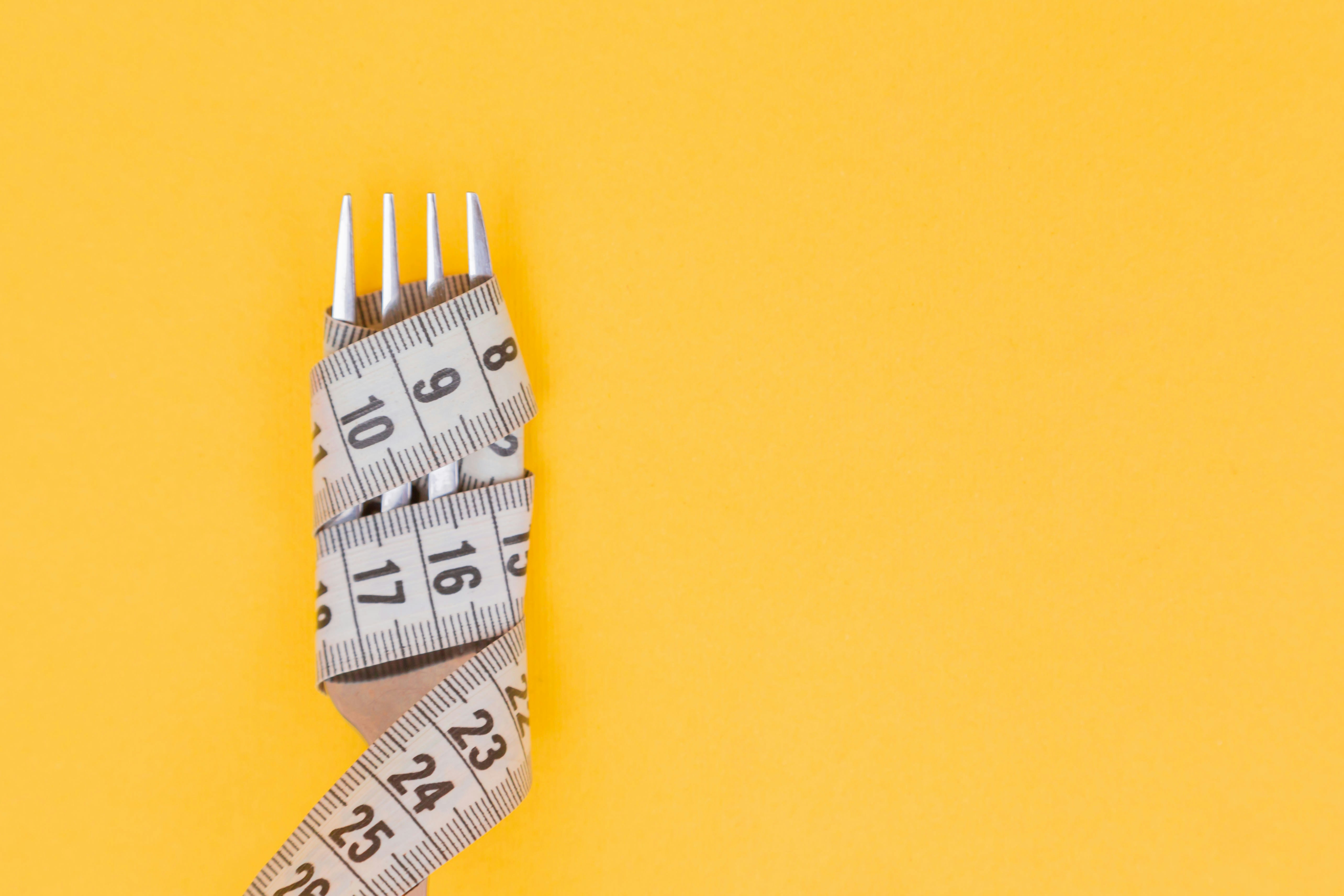Per UCSF “Healthy Diet with Less Sugar Is Linked to Younger Biological Age”.
“Researchers at UC San Francisco have found a link between following a diet that is rich in vitamins and minerals, especially one without much added sugar, and having a younger biological age at the cellular level.
They looked at how three different measures of healthy eating affected an “epigenetic clock” – a biochemical test that can approximate both health and lifespan – and found that the better people ate, the younger their cells looked. Even when people ate healthy diets, each gram of added sugar they consumed was associated with an increase in their epigenetic age.
For the cross-sectional study, researchers analyzed food records from 342 Black and white women with a mean age of 39 years from Northern California. Then, they compared their diets with epigenetic clock measures, which were derived from saliva samples.
Researchers scored the women’s diets to see how they compared to a Mediterranean-style diet rich in anti-inflammatory and antioxidant foods and then to a diet linked to lower risk for chronic disease.
Finally, they scored the women’s diets against a measure they created called the “Epigenetic Nutrient Index (ENI),” which is based on nutrients (not foods) that have been linked to anti-oxidative or anti-inflammatory processes and DNA maintenance and repair. These include Vitamins A, C, B12 and E, folate, selenium, magnesium, dietary fiber and isoflavones.
Adherence to any of the diets was significantly associated with lower epigenetic age, with the Mediterranean diet having the strongest association.
The researchers examined sugar intake separately and found that consuming foods with added sugar was associated with accelerated biological aging, even in the presence of an otherwise healthy diet."
The American Heart Association suggests that women consume no more than 100 calories (about 6 teaspoons or 24 grams) and men no more than 150 calories (about 9 teaspoons or 36 grams) of added sugar per day. With added sugar in much of every day foods we consume, it is not too hard to go way beyond that. The mediterranean diet has many health benefits which study after study continues to show us.
This study in JAMA Network Open gives us yet another reason to look at ways to limit added sugar and work on eating more healthier and nutritious foods.

 Photo by
Photo by  Photo by
Photo by  Photo by
Photo by